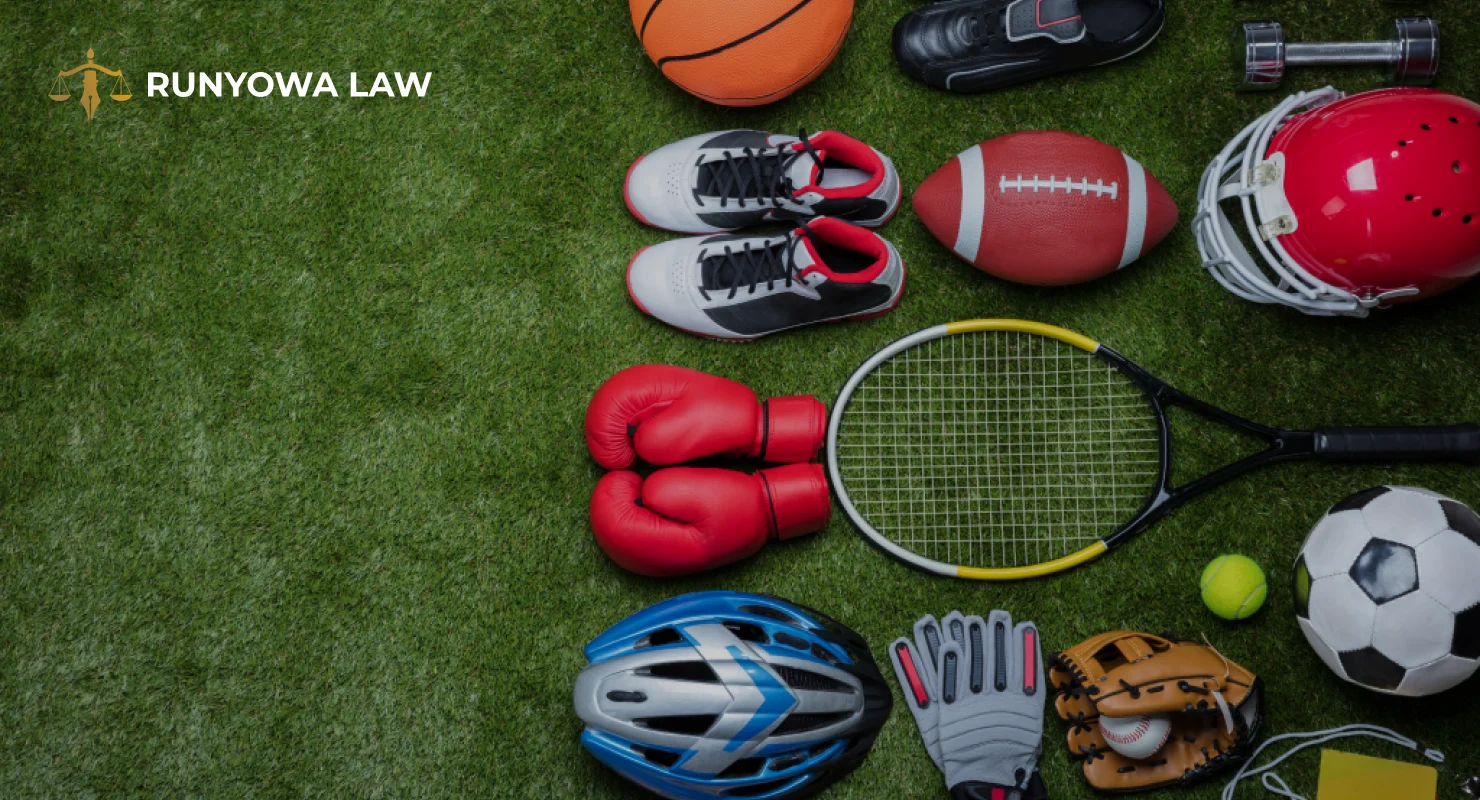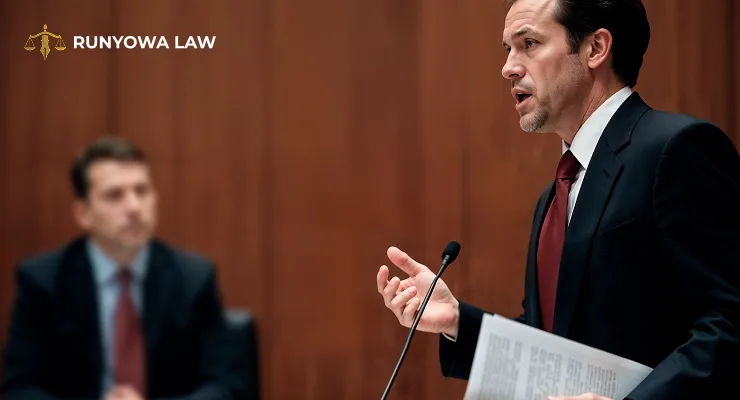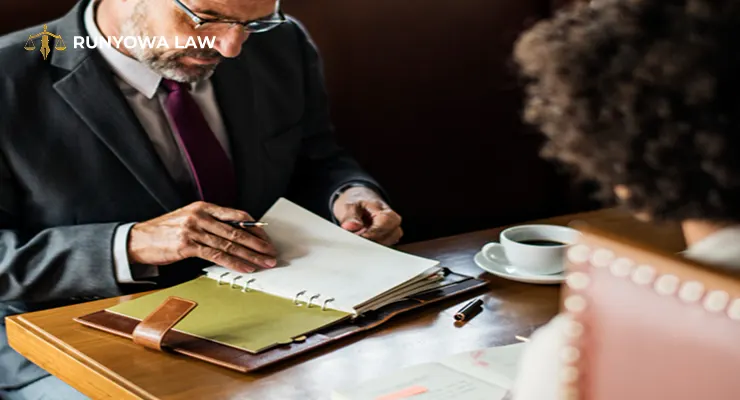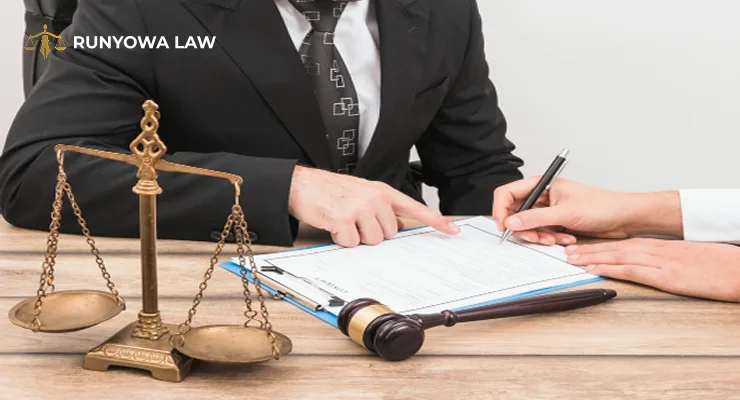Sports governing bodies are the backbone of every sport. They don’t just organize tournaments or decide rules—they also make sure players, teams, and officials behave properly. When misconduct happens, these bodies have a big role in sorting things out. Misconduct can be anything from cheating, doping, abuse, corruption, or even poor behavior on the field. In this blog, we’ll look at how these bodies work, what powers they have, and some of the challenges they face.
What Sports Governing Bodies Do
Sports governing bodies, like FIFA in football, the International Olympic Committee (IOC), or the International Cricket Council (ICC), do more than you might think.
- Setting rules and making sure they’re followed – They decide what’s allowed and what isn’t.
- Disciplinary work – If someone breaks the rules, they investigate and take action.
- Educating players – Many SGBs run programs to teach athletes about fair play, ethics, and safety.
- Protecting athletes – They try to stop abuse, harassment, or exploitation in sport.
Basically, they are the ones keeping the sport clean and fair.
How Misconduct Is Handled
Codes and Ethics
Almost all sports bodies have a code of conduct. It’s a set of rules about how players, coaches, and officials should behave. If someone breaks these rules, ethics committees or disciplinary panels step in. For example, tennis has a special unit to handle match-fixing and corruption.
Investigation and Decisions
When a report of misconduct comes in, the governing body usually investigates. They talk to witnesses, review evidence, and sometimes hold hearings. The accused can present their side. After looking at everything, the body can give penalties. This could be a fine, suspension, or even a lifetime ban in serious cases.
Appeals
To make things fair, there’s usually a way to appeal. Some decisions can even be taken to special courts that oversee sports cases. This helps make sure the punishment is just and not too harsh.
Challenges Sports Governing Bodies Face
Balancing Power and Responsibility
These bodies often run independently, which can be good. But it can also be tricky. Too much independence sometimes means less accountability. There have been cases where governing bodies faced criticism for being opaque or not transparent in their decisions.
Making Sure Disciplinary Processes Are Fair
It’s really important that everyone charged with misconduct gets a fair chance to defend themselves. Rules and procedures have to be clear so there’s no bias.
Tackling Bigger Problems
Sometimes, misconduct is part of a bigger problem. For example, coaches who have been banned might still find jobs in other areas, showing gaps in oversight. SGBs can’t always control everything outside their sport, but they try their best to protect athletes and maintain integrity.
Examples From Real Life
Grassroots Football
In some grassroots football leagues, there was a rise in serious misconduct among players. To handle this, referees were allowed to pause the game and have a “cooling-off period” for heated moments. It helps players calm down and reduces fights or bad behavior.
Tennis Controversies
The Professional Tennis Players Association once sued big tennis bodies claiming unfair practices. They argued that ranking systems and strict rules sometimes hurt players. This shows how governing bodies can face legal challenges when their decisions are seen as unfair or restrictive.
Looking Ahead
The world of sports is changing fast. Governing bodies need to keep up. Some key things they should focus on:
- Transparency – Make decisions clearer to players and fans.
- Independent oversight – Let outside bodies review serious cases.
- Global collaboration – Work with other organizations to handle misconduct better.
If these areas improve, SGBs can do an even better job protecting athletes and keeping sports fair.
Conclusion
Sports governing bodies play a huge role in keeping sports ethical. They set rules, investigate misconduct, and protect players. It’s not always easy. Challenges like fairness, accountability, and systemic issues exist. But by focusing on transparency, oversight, and cooperation, these bodies can make sports safer and fairer for everyone.




